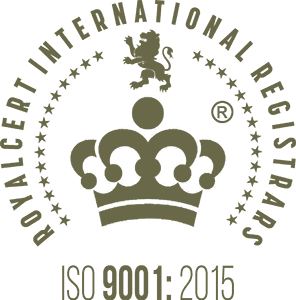Sometimes change happens gradually. Other times it is sudden. In Saudi Arabia, change is happening swiftly.
Except for one thing. Getting stuff done in Saudi Arabia is still very much a people-oriented proposition. No amount of zooming can match the impact of a face to face meeting. Being ‘on the ground’ is critical to building relationships.
Engaging successfully in a market as culturally rich as Saudi Arabia’s requires a nuanced understanding of traditions. Building trust takes time. It requires a commitment to long-term strategy that is even more important today, against the backdrop of Vision 2030, than it has ever been.
What’s the takeaway here?
That it’s important to build long-term, strategic relationships in the region with leaders and stakeholders across industry, government, regulatory authorities and policymakers. To do this effectively, it is important to think beyond purely transactional terms.
This means capacity building and investing in the Kingdom’s most precious resource, its people, by facilitating knowledge and technology transfers, setting high expectations and encouraging personal and professional development.
Saudi Arabia is a land of complexities. It’s true that bureaucracy is being vigorously attacked and processes are becoming simpler. For instance, investment applications are being approved and granted in days rather than weeks. But what happens next depends on the quality of the planning. Time and again we have seen projects fail, over run or find their capital and resources buckling under unsustainable pressure. Lack of planning is invariably the culprit.
Meticulous attention to detail and thorough preparation is vital to the success of any project from the simplest to the challenging, anywhere in the world. In the Middle East, it is an imperative. Whether its authorizations or approvals, record collection or getting access, understanding rules and regulations or the intricacies of jurisdictions, it is absolutely critical that businesses, new or established, develop a detailed business plan, map out challenges, approvals and approach to be followed at each stage and maintain clear lines of communication at all times.
It is extremely important to ensure all local laws and regulations are scrupulously adhered to, policies are clearly understood, and project implementation is swift and efficient. Project planning should always include viable alternatives including strong local partnerships or support.
And remember, there’s no substitute for face-to-face dialogue in the Middle East, especially the Kingdom. A kiss on the cheek, a handshake and some time spent getting to know your client will always be time well spent.



